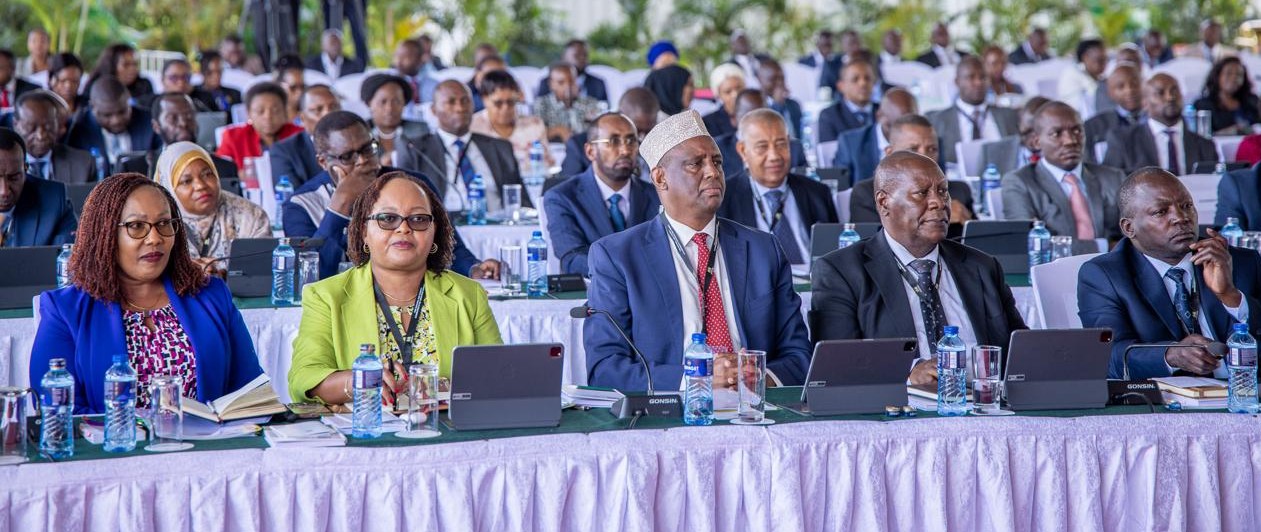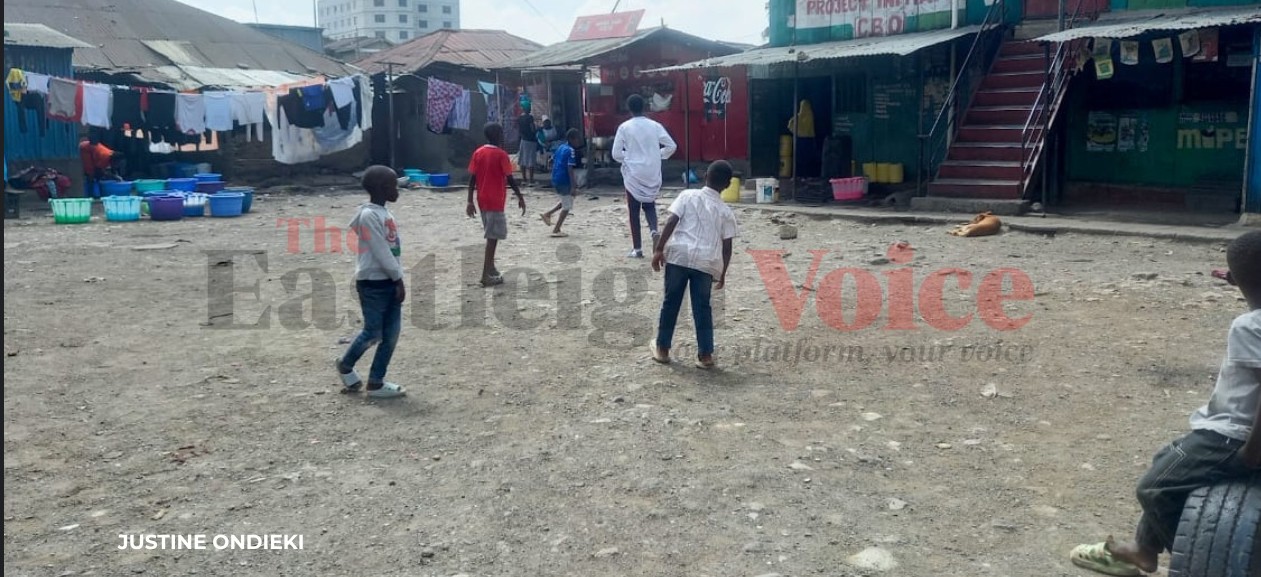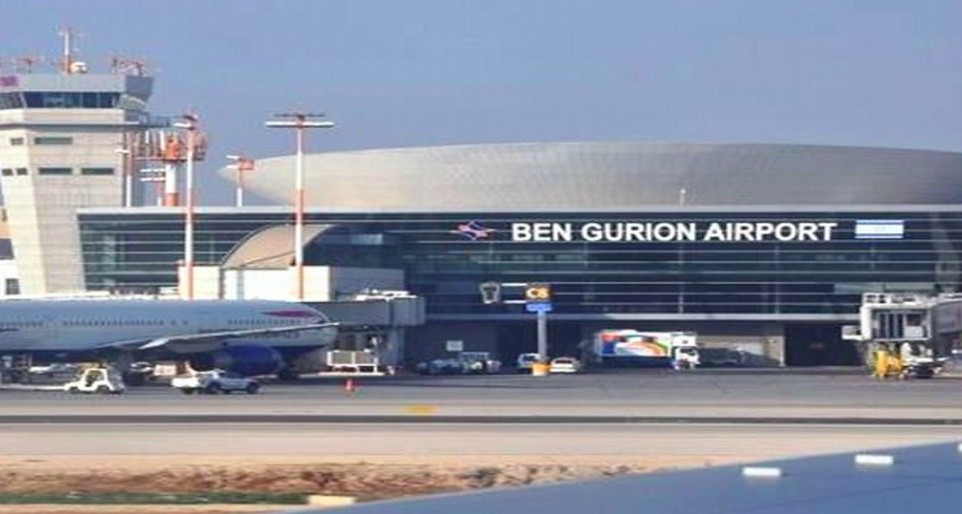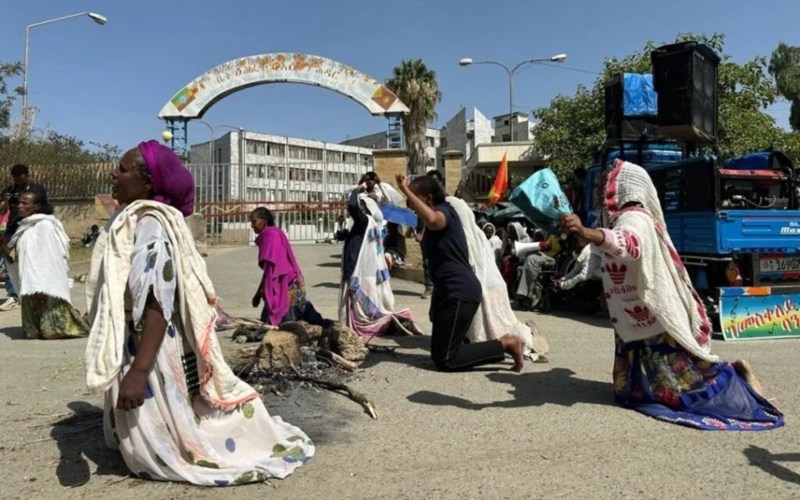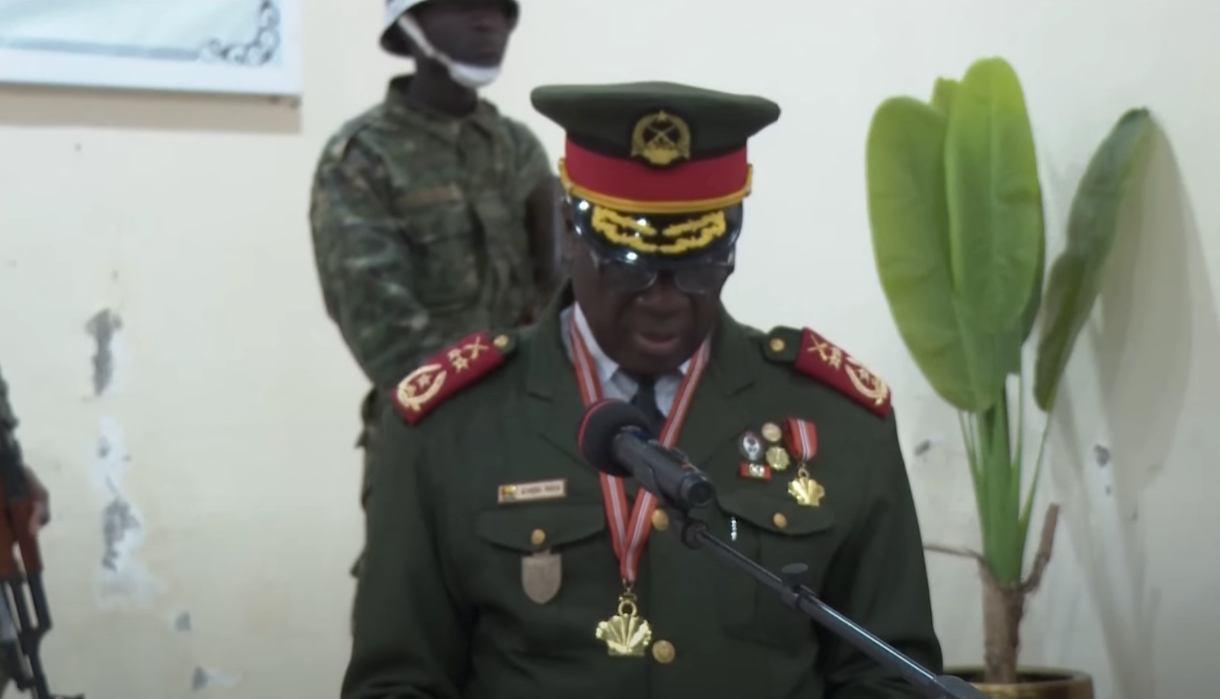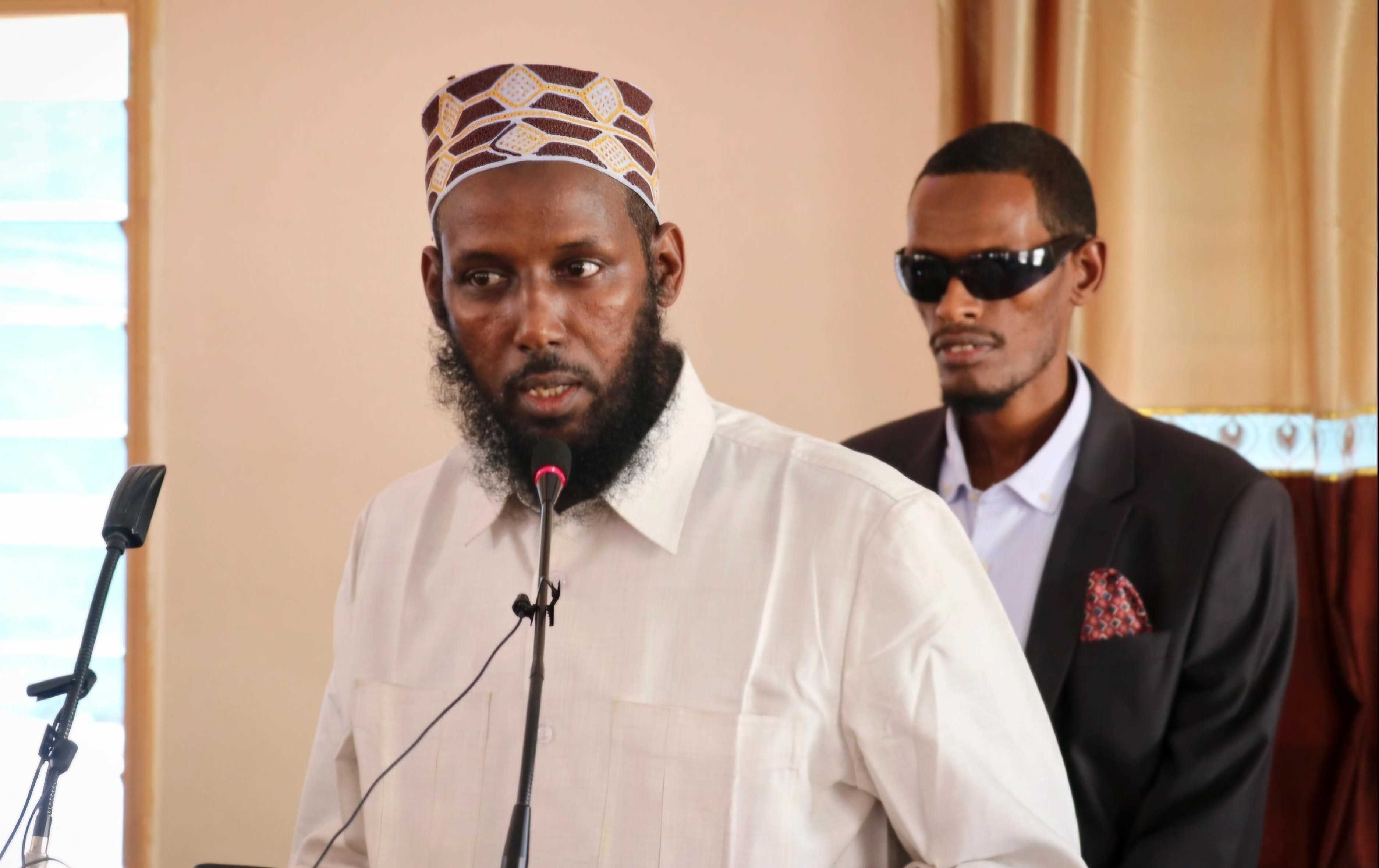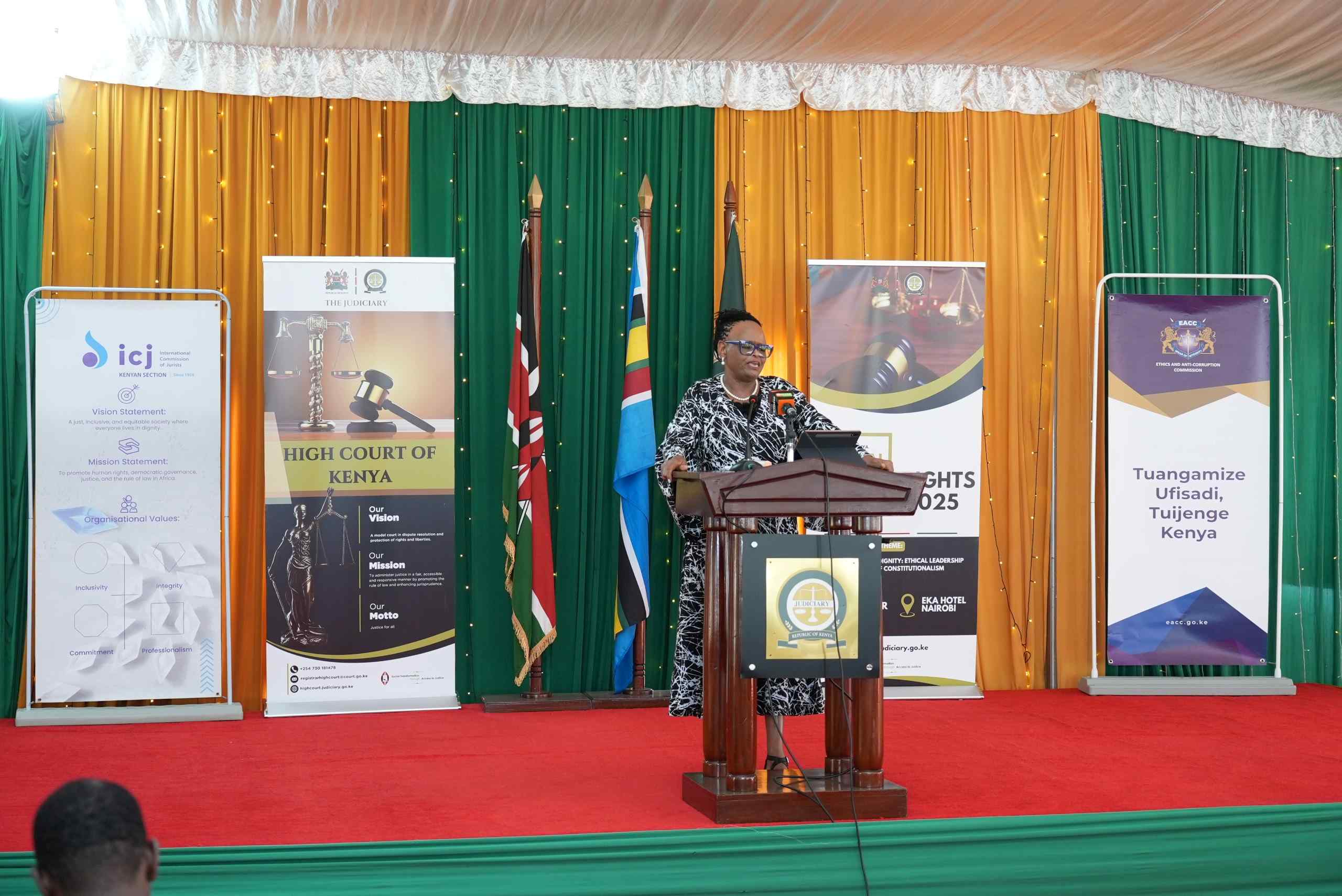UK Deputy High Commissioner to Kenya makes a tour of Eastleigh
Barnett said he had made it a priority to visit the neighbourhood and get a feel of the community and its vast development.
United Kingdom's Deputy High Commissioner to Kenya Ed Barnett is the latest high-profile dignitary to take a tour of the fast-growing Eastleigh neighbourhood.
Speaking to The Eastleigh Voice after taking a tour of the California ICT hub on Thursday morning, the diplomat, who served in Somalia before his posting to Nairobi in July this year, said he had made it a priority to visit the neighbourhood and get a feel of the community and its vast development after hearing positive stories about its changing landscape.
More To Read
- Tatu City hosts Muslim business community to explore new investment opportunities
- How community initiative is reviving Eastleigh’s cricket legacy
- Eastleigh MCA blames county officials for destruction of newly built Captain Mungai Street
- Youth football comes alive in Eastleigh as Fazam Academy clinches Moi Cup title
- Eastleigh’s 24-hour economy key to Kenya’s commerce, says CS Lee Kinyanjui
- Nairobi County, Eastleigh Business Association agree on food safety and restaurant licensing
"Two years ago I was the Deputy British Ambassador to Somalia living in Mogadishu and three months ago I arrived as the new Deputy High Commissioner based here in Nairobi. I was really keen to come and visit Eastleigh for the first time. I have heard a lot about this neighbourhood; of course, in the past, it has had not a very good name in terms of security in the neighbourhood but it is great to hear news and stories of this new place growing and its vibrant communities. I wanted to come and see that," he said.
The ICT centre is part of the government's Ajira Digital Programme which seeks to impart young Kenyans with skills that assist them make a dignified livelihood from the digital space.
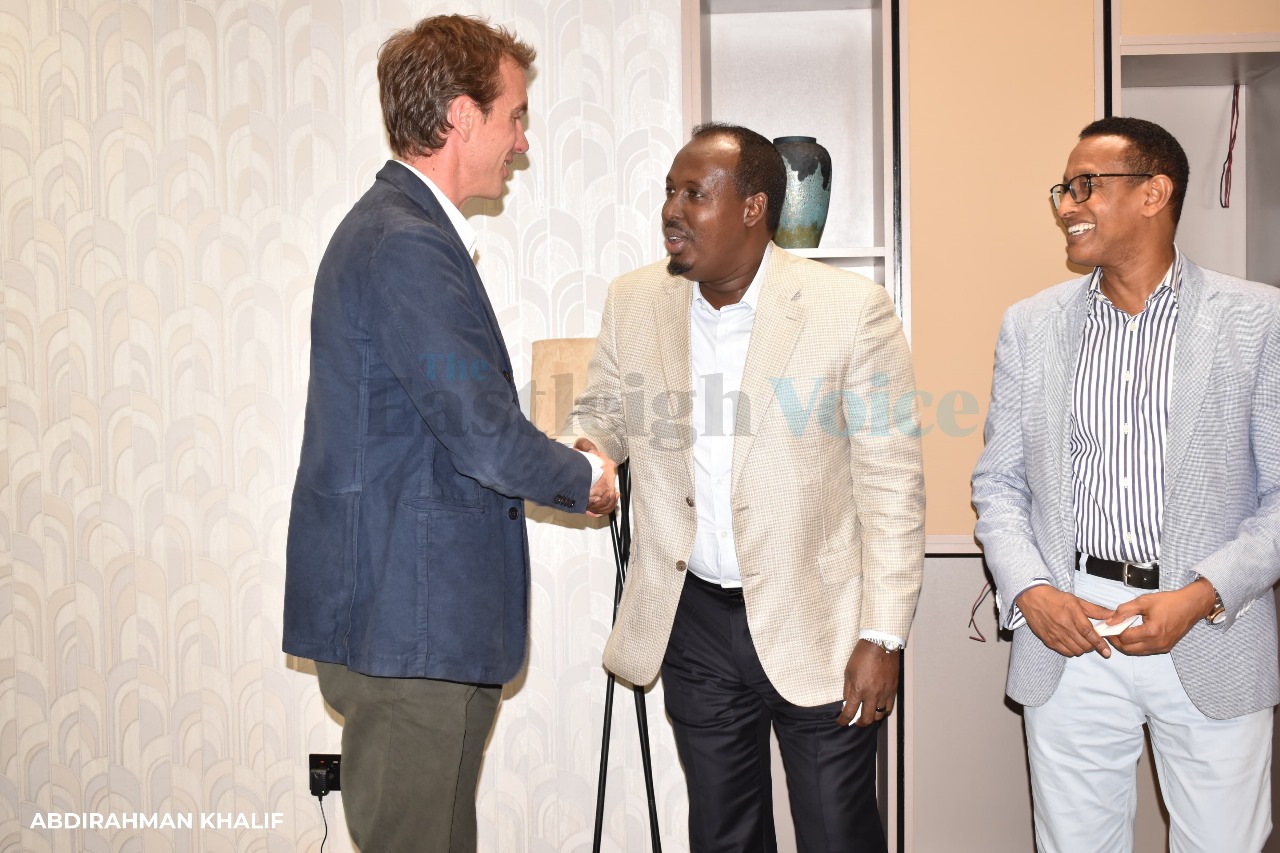 UK Deputy High Commissioner to Kenya, Dr Ed Barnett, visits Eastleigh. He toured BBS Mall and was received by BBS Mall Chairman Maalin Weli and CEO Munir Ahmed. (Photo: Abdirahman Khalif)
UK Deputy High Commissioner to Kenya, Dr Ed Barnett, visits Eastleigh. He toured BBS Mall and was received by BBS Mall Chairman Maalin Weli and CEO Munir Ahmed. (Photo: Abdirahman Khalif)
"It's a great opportunity to also visit the huge BBS Mall and also to walk around here to see this great initiative of supporting young people with ICT skills, enabling them to become Eastleigh's entrepreneurs of the future. I am sure out of this classroom will be BBS Mall 2, 3 and 4 financed by these young people here," Barnett said.
The UK High Commission runs a similar initiative dubbed ‘Strengthening Digital Communities’ in Busia and Mandera counties.
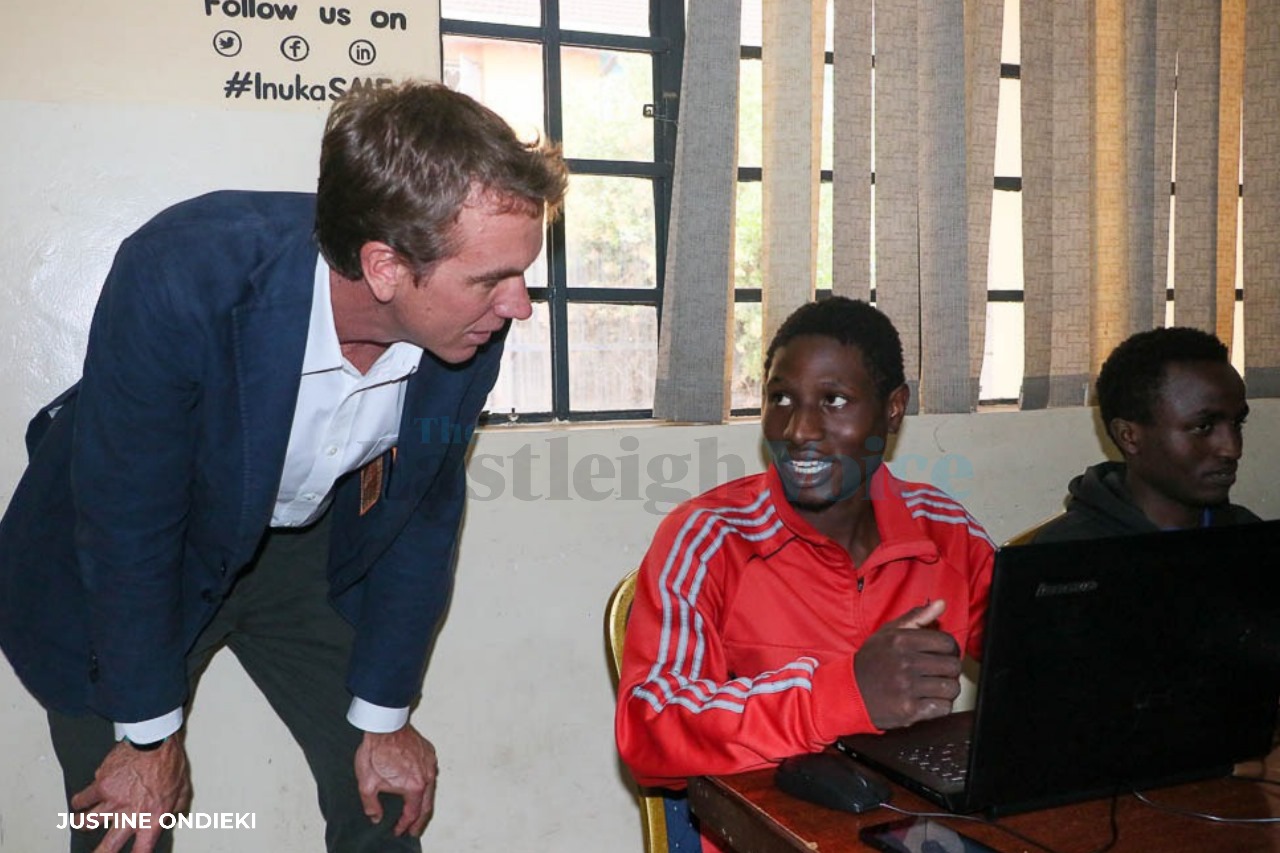 United Kingdom's Deputy High Commissioner to Kenya Ed Barnett speaking to online workers at the California ICT Hub on November 14, 2024. (Photo: Justine Ondieki)
United Kingdom's Deputy High Commissioner to Kenya Ed Barnett speaking to online workers at the California ICT Hub on November 14, 2024. (Photo: Justine Ondieki)
"The British High Commission is keen to work with people across the whole of Kenya including the Somali community here in Eastleigh. We have a digital access programme that works on digital literacy across the country, working both in partnership with the government of Kenya and also different non-governmental organisations so it will be interesting to see how we collaborate in future," said the diplomat.
Dickens Okode, a senior staff member at the ICT hub, said the training has helped many youths acquire jobs online as digital and e-commerce marketers, online freelancers, transcriptors, data entry clerks, video editors, writers and translators as well as virtual assistants.
"Basically, we have modules to train them on and then afterwards we mentor them and incubate them into a community of online workers," he explained.
The hub trains 27 modules categorised into basic, cross-cutting and advanced levels.
Some of the advanced-level learners have transitioned into graphic designers and forex traders, under this module that is offered in partnership with TVETs.
"Since we started, we have had like seven cohorts incubated, making a community of over 200 online workers stationed at California. At any given time when you come to California, you will get over 20 online workers stationed at the centre transcribing, doing digital marketing for themselves and their clients, data entry and others are virtual assistants and so forth," he said.
Deputy High Commissioner to Kenya, Ed Barnett, visit California ICT Hub. The centre is a key component of the government's Ajira Digital Programme, designed to equip young Kenyans with digital skills for sustainable and dignified livelihoods. pic.twitter.com/maQZat81O5
— The Eastleigh Voice (@Eastleighvoice) November 14, 2024
The courses are offered free by the government to every youth aged 18 and above and with a Kenyan identity card.
"The government pays trainers, but the trainees pay nothing," the trainer added.
According to him, the centre has helped reduce the level of crime in the area massively.
"This is because, on a daily basis you find we have a team of up to 150 trainees at the same time. We have placed them on three shifts due to space limitations, morning, mid-morning and evening each cohort with 50 students. Youth keep registering in numbers, we have a waiting list for up to February next year," he said.
Top Stories Today
